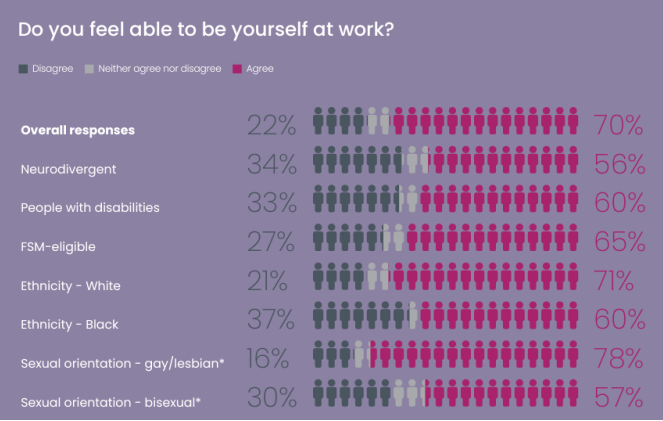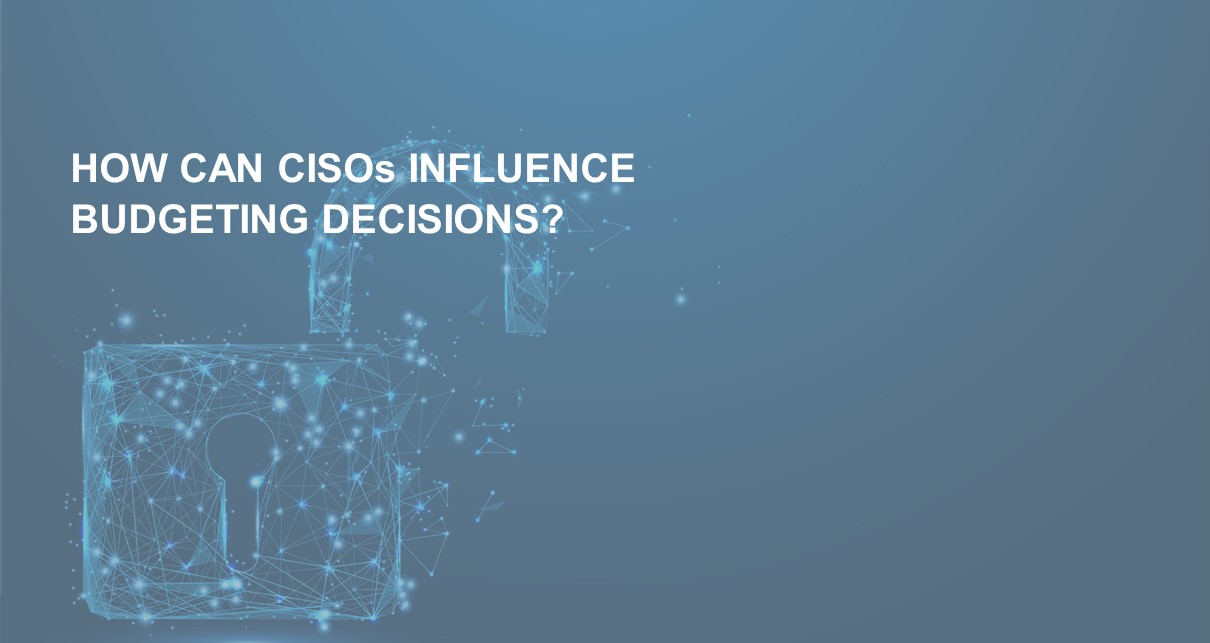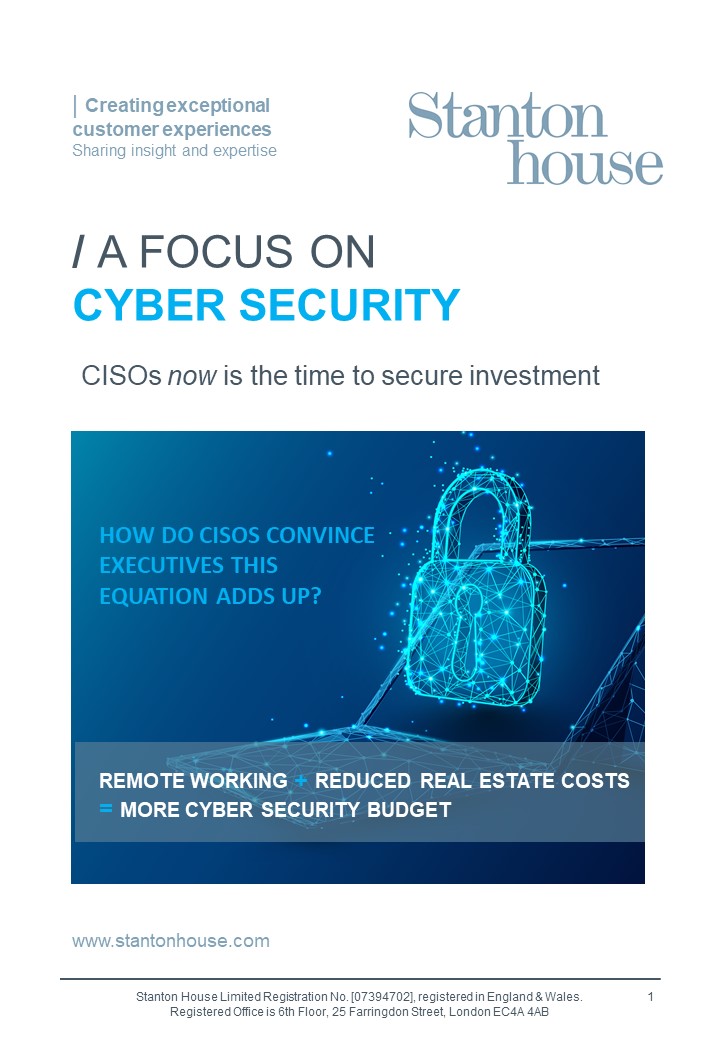

“We have a big push for diversity within our hiring plans, but we have trouble recruiting diverse candidates.”
This is one of the most common statements we hear from the employers we help. When we hear this, we always ask, what their organisation or team is doing to create an inclusive working environment. Diversity is fundamentally important - but the degree to which individuals feel included, accepted and treated equally is critical too, particularly in this era of ‘the great resignation’. Without that, efforts to raise diversity are virtually meaningless.
With more candidates starting job searches than ever before and the core values of individuals being re-evaluated, due to the forced (albeit necessary) slow-down the pandemic caused, creating a culture of inclusion has never been more critical.
It’s no secret that the world of security is still male-dominated, particularly in the upper echelons of senior leadership. Research last year, from the NCSC &KPMG, found that, of those working in Cyber Security in the UK, only 36% are female, 25% have a disability, 15% are from ethnic minorities and a mere 6% are ethnic minority females. It’s clear there’s a lot more work to do to bring more women and minority groups into the profession.
But perhaps more shocking are their findings on people’s feelings around inclusion at work. One in five Cyber Security professionals (22%) feel they cannot be themselves at work.
Neurodivergent individuals and people with disabilities are two of the groups most likely to feel unable to be themselves - with 34% and 33% of respondents respectively in these groups tending to or strongly disagreeing that they could be themselves in the workplace.

As Cyber Security recruiters, specialising in finding diverse talent, we recognise that the journey to building a diverse team is not straightforward. However, the biggest piece of advice we give employers, is that a great first step is to look inwards to the core fundamentals of what it is that makes their organisation a great place to work. Why should any employee want to work for you? What makes your organisation or team different?
Defining and articulating this will not only help sell your company to potential candidates, but the constant re-evaluation and communication of your company culture as part of your EVP (Employee Value Proposition) will help with the retention of top talent. A lot of companies say they have an amazing culture, but when taken further than face-value, hiring managers soon realise they have deeper-seeded issues than they first thought.
However, the first step to building an inclusive culture is simple - create a space where empathy, vulnerability and truthfulness are encouraged, then communicate your initiatives to existing and prospective employees.
This article is taken from our 2022 UK Cyber Security salary guide. If you would like to learn more and download a full copy of the guide, then please click here.
Latest opportunities
10% Car Allowance, 20% bonus
Manchester, Greater Manchester
Similar blogs






